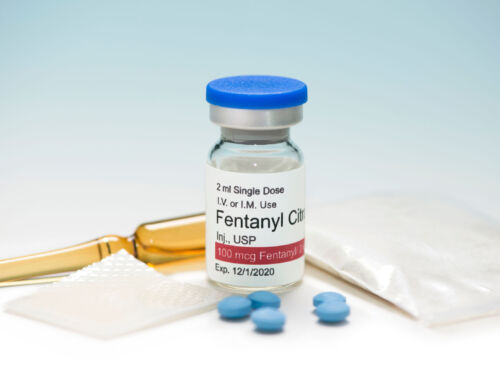
Opioids are a class of prescription medication that doctors use to treat severe or chronic pain. Drugs such as tramadol, fentanyl, or morphine provide relief for patients in pain due to a medical condition or injury. Although opioids are effective in treating pain, they are also highly addictive and dangerous. Opioid overdose effects can lead to terminal health problems or fatality.
Like many other parts of the U.S., opioid addiction in GA has skyrocketed over the last 20 years. Addiction rehab centers in Georgia, like Atlanta Detox Center, are treating more clients for opioid addiction and dependency than ever before. As the epidemic continues to increase, more people are feeling opioid overdose effects.
Common Opioids
Opioids originate from the poppy plant and are considered a synthetic opiate. Some of the most common opioids include:
- Oxycodone
- Tramadol
- Codeine
- Carfentanil
- Fentanyl
- Morphine
- Heroin
Other popular products include buprenorphine, methadone, and hydrocodone. Buprenorphine and methadone are used at a drug and alcohol detox center to ease drug withdrawal symptoms and cravings. As such, they are monitored heavily and used only as a short-term medication-assisted treatment (MAT) at an opioid addiction treatment program.
Signs of an Opioid Overdose?
There are several signs that someone is experiencing an opioid overdose:
- Slow and shallow breathing
- Unconsciousness/unresponsiveness
- Skin is clammy and pale
- Blue skin, fingernails, or lips
- Slow or unsteady pulse
- Gurgling or choking sounds
- Vomiting
If you notice that someone has the symptoms of an opioid overdose, you should call 911 immediately. Failure to act quickly can lead to severe health problems, impaired brain function, or fatality.
Long-Term Opioid Overdose Effects
Long-term opioid overdose effects include:
- Changes in Brain Function: Opioids work by attaching to the opioid receptors to block pain signals. This fundamentally changes the relationship between the brain and the central nervous system. Over time, brain function can become impaired. An opioid overdose can accelerate brain impairment and alter the brain’s connection to the central nervous system.
- Behavioral Changes: With the changes in brain function come the changes in behavior. If you or a loved one survives the initial overdose, you may not be the same. Changes in brain function can cause you to act differently than you did before. You may demonstrate behavior that is destructive or harmful to others. These behaviors can be directly linked to brain damage that you may have suffered due to the overdose.
- Mood Disorders: An overdose can have a severe impact on your overall mood. You may develop anxiety disorders or clinical depression as a result of your traumatic experience. With slowed brain and heart activity, you may go into a depressed state that is difficult to snap out of. You may need to seek treatment for a mental disorder.
Damage to Your Organs or Systems
If you survive the initial opioid overdose effects, the overdose may still do damage to major organs or systems in your body. For instance, an overdose can weaken your heart, causing irregular or slowed heart rates. It can also have an impact on your respiratory system, causing it to slow down. As a result, you have more difficulty breathing.
You can end your addiction to opioids before it’s too late. Addiction treatment therapies to help you get off opioids for good so that you can prevent an overdose.
Get Help for Opioid Addiction at Atlanta Detox Center
If you struggle with opioid addiction and need help, contact Atlanta Detox Center at 844-658-0927. We offer comprehensive treatment for all types of addiction through our substance abuse treatment programs. We can help you prevent opioid overdose effects and live a life free of substance abuse. To find out more about stopping opioid addiction in GA, call us today and get started with your treatment.







